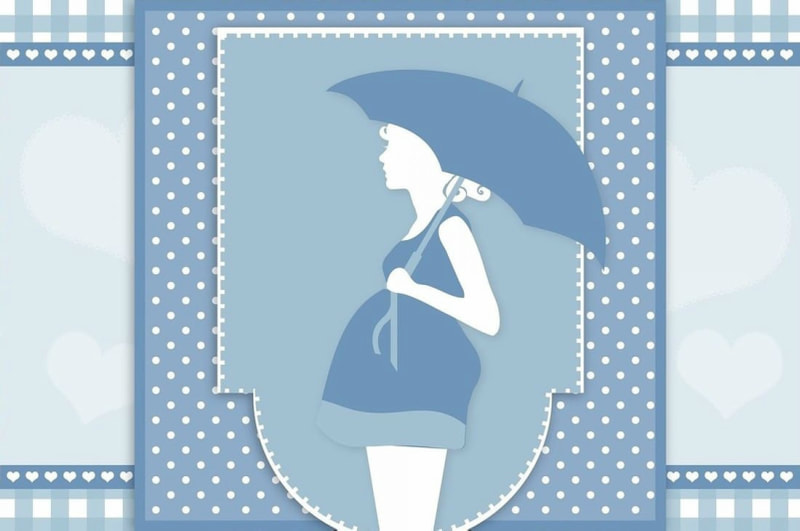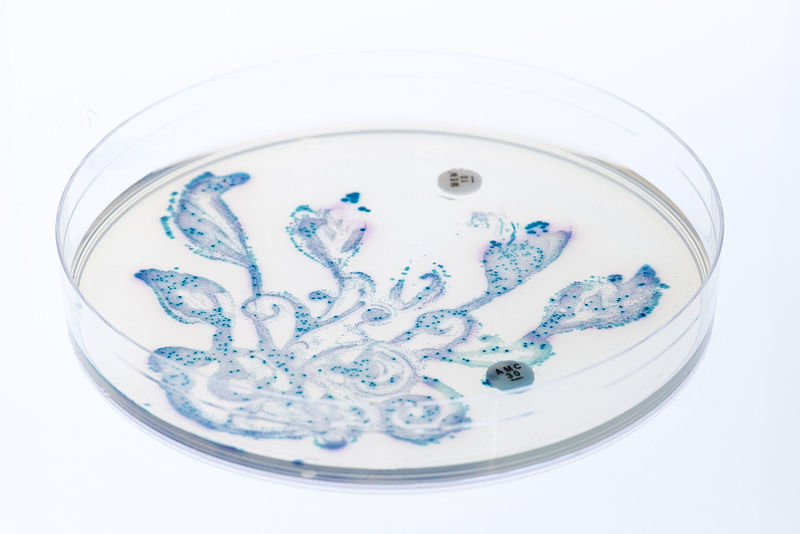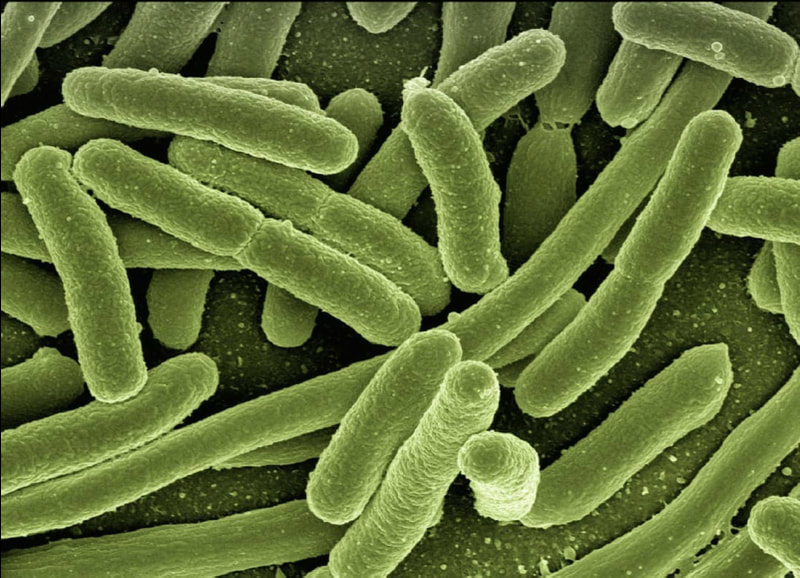Loss of Smell and Taste Are New COVID-19 Symptoms
One important strategy for containing the COVID-19 pandemic is to detect infections by understanding and testing for symptoms of the deadly virus. To this end, an app-based community survey in the United Kingdom (UK) recorded daily changes to symptoms experienced by COVID-19 patients. This identified anosmia, or loss of smell, and loss of taste as novel predictors for COVID-19 infection.
The COVID RADAR Symptom Tracker app was developed by researchers from King’s College London, Massachusetts General Hospital, Stanford University School of Medicine, the Harvard T.H Chan School of Public Health and the health science company Zoe. Users were asked to record their personal health information, including temperature, tiredness, and other symptoms. 26% of the one million individuals surveyed reported suffering from one or more symptoms of COVID-19. The most notable finding was the losses of smell and taste, present in 59% of those who had tested positive, in addition to the general symptoms of fever, persistent cough, fatigue and diarrhea. Assuming other symptoms are present, people who develop these sensory issues are statistically 3 times more likely to have contracted the virus. As a result, this study strongly recommends the World Health Organization to include loss of smell and taste in their COVID-19 symptoms list, in addition to advocating for a 14-day self-isolation if experienced.
The COVID RADAR Symptom Tracker app was developed by researchers from King’s College London, Massachusetts General Hospital, Stanford University School of Medicine, the Harvard T.H Chan School of Public Health and the health science company Zoe. Users were asked to record their personal health information, including temperature, tiredness, and other symptoms. 26% of the one million individuals surveyed reported suffering from one or more symptoms of COVID-19. The most notable finding was the losses of smell and taste, present in 59% of those who had tested positive, in addition to the general symptoms of fever, persistent cough, fatigue and diarrhea. Assuming other symptoms are present, people who develop these sensory issues are statistically 3 times more likely to have contracted the virus. As a result, this study strongly recommends the World Health Organization to include loss of smell and taste in their COVID-19 symptoms list, in addition to advocating for a 14-day self-isolation if experienced.
Image Source: cottonbro
Although anosmia and loss of taste can potentially be implemented as part of the screening process, further research is still necessary to determine at what disease stage these symptoms appear. This is particularly important as it has not been determined whether these symptoms occur early or further after the development of more severe symptoms such as high fevers, cough, and shortness of breath. Other research must be conducted to determine how long these symptoms persist after those infected have recovered from the virus and whether they are temporary or longer-lasting. The outcome of this study is instrumental for health care workers in identifying COVID-19 patients. Not only will this research facilitate testing, but it also raises public awareness as a health safety measure. Those who experience loss of smell and taste are advised to exercise caution and self-isolate or consider getting tested once more severe symptoms appear. While there is hope for the future development of more accurate and reliable methods of testing, the public must continue doing their part through social distancing and quarantining. Only then can we make progress in slowing the spread of this lethal disease and keeping ourselves and our communities safe.
Featured Image Source: VisionPic.net
RELATED ARTICLES
|
Vertical Divider
|
Vertical Divider
|
Vertical Divider
|






